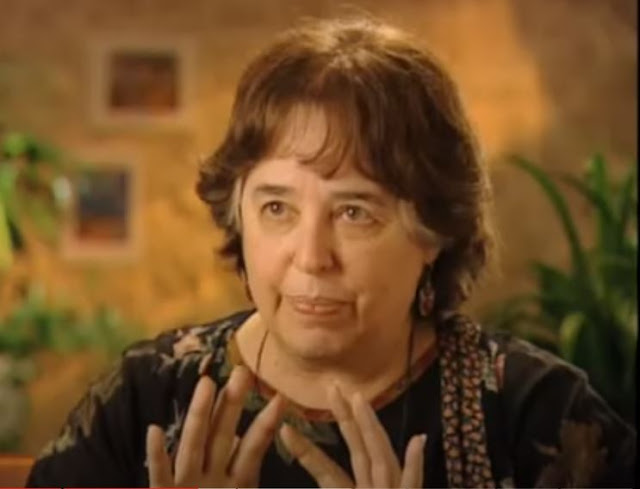 |
| Photo: https://gnhusa.org |
ESSENTIAL WRITER'S RESOURCES
I hear you—publishing for kids is f*cking hard. And navigating the world of querying can be confusing as all get-out. So, where do you turn when you want to find agents open to queries? What contests can you enter to get your work in front of agents?
I've compiled some resources that may help you along your writing journey, whether it's finding publishers and agents and/or entering contests.
Agents:
Manuscript Wishlist: https://www.manuscriptwishlist.com/ where agents and editors reveal the genres, topics, and writing styles what they want to find in their inboxes
MS Wishlist: https://mswishlist.com/ provides information, tools, insights, and agent manuscript wishlist topics
Querytracker: https://querytracker.net/ where authors can find agents and discover their query reply rate, their response time and have the opportunity to submit a query on a Query Manager form
Bitsy Kemper: https://bitsykemper.com/publishers/ posts a list of over 100 children's book publishers
Published...and other forms of insanity: https://publishedtodeath.blogspot.com/ a website that lists agents seeking clients, calls for submissions, contests, writing conferences and more
SCBWI (requires membership): https://www.scbwi.org/ a membership organization dedicated to children's book creators that offers newsletters and podcasts, awards and grants, and a directory of agents
Literary Rambles: http://www.literaryrambles.com/ spotlights children's book authors, agents, and publishing
Reedsy (you must sign in): https://reedsy.com/marketplace/search?service=editing&subservices=6 Meet world-class publishing professionals; Browse profiles and collaborate on projects.
Contests:
Mindy Weiss PB Party: https://mindyalyseweiss.com/2025-pbparty-annual-contest/
Kaitlyn Sanchez Spring Fling and Fall Writing Frenzy https://kaitlynleannsanchez.com/contests/
Vivian Kirkfield: 50 Precious Words https://viviankirkfield.com/category/50preciouswords-writing-contest/
Susanna Hill Writing Contests: https://susannahill.com/for-writers/contests/
Whether you're querying or entering a contest, think about your submission objectively. Is your (fictional) picture book under 500 words?* Does the plot flow? Does you manuscript have voice, you know, that special quality that sets the tone for the piece when read aloud? Does your story stand out and have the potential to be marketable? This requires balancing what we want to write about with the publishers' needs.
Finding a publisher is exhausting. We are constantly searching for agents to query, who accept text-only manuscripts while competing with celebrities, well-established authors, and writers who have referrals. So, what can you do? Be unique—write the story that only you can write. Then peruse agents wish lists. Does your story match an agent's interest? Agents will give your manuscript serious consideration if you write about something they are hoping to find in their in-boxes.
As for contests, learn about what kinds of stories the judges enjoy. Do they like witty, funny stories? Are they partial to pieces that embrace diversity? You might be able to find this information if judges have a blog or website or even on the contest home page. You can also look at previous contest winners to get a clue about the winning writing styles—are they humorous, lyrical, rhyming, or magical? If you can create a story in a winning writing style and center it on a topic that judges prefer, you will have a better chance than most to win a prize in a contest.
Writing for children has never been harder. You've got to do your homework to prepare for querying and entering contests. Use the links posted above to help you get started. I'm rooting for you and wishing you the very best on your writing journey!
*The word count may vary depending on the contest. Always check the guidelines to find out the acceptable number of words permitted.
















